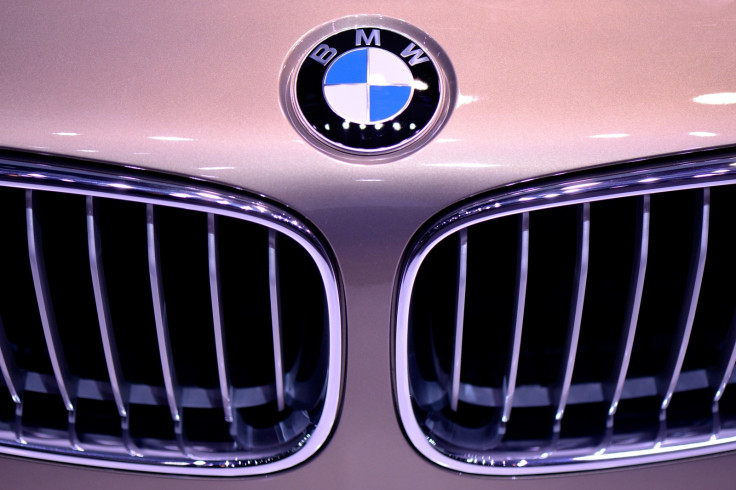BMW eyes driverless cars for new opportunities

German auto giant BMW is planning to develop autonomous cars as it sees an opportunity to expand its business model and be among the first premium carmakers to foray into this segment. The BMW board member for the Mini brand, Peter Schwarzenbauer, has claimed that makers of luxury cars would have a competitive edge over other rivals because they can offer a range of transport options.
According to a study by Boston Consulting Group, the market for driverless car will be worth £27 billion ($42 billion) by 2025. Led initially by Google, several companies including auto majors such as Mercedes-Benz are in a race to develop autonomous cars. Many are already testing these cars on public roads.
On the sidelines of the Frankfurt auto show, Schwarzenbauer said taking a ride in driverless cars may lead to a convergence of taxi services, limousine rides and car-sharing business models. The success of a business model for premium carmakers would partially depend on how fast they can provide transportation to their customers, he told Reuters.
With the coming of smartphones, expectations of customers have changed, which is why instead of owning a car, customers can use their smartphones to call for a ride or search for a car-sharing service, said BMW's board member for marketing and sales, Ian Robertson. The ability to use a car and then walk away is a serious business, he added. However, driverless cars raise a number of questions, including the issue of liability, he pointed out.
BMW was to showcase its latest models at the Frankfurt auto show but its presentations were cancelled as the company's new CEO, Harald Kruger, suddenly fainted on stage. Later, company representatives said Kruger had just returned from an international trip and had been unwell ahead of the event.
At the Frankfurt auto show, Dieter Zetsche – CEO of Mercedes-Benz parent Daimler – said the company sees business opportunity in on-demand autonomous limousine services, a move that could challenge the likes of Uber, a taxi-hailing service whose investors include Google.
© Copyright IBTimes 2025. All rights reserved.




















